


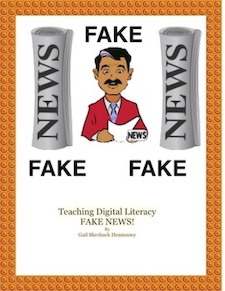
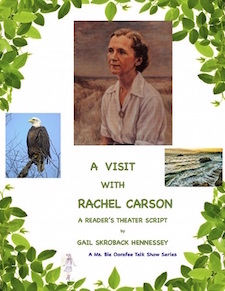

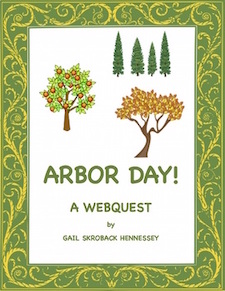





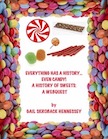
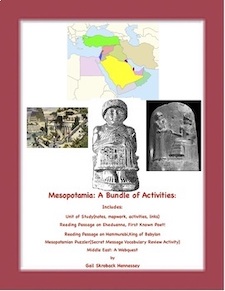
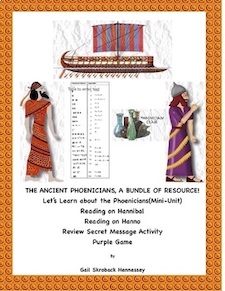
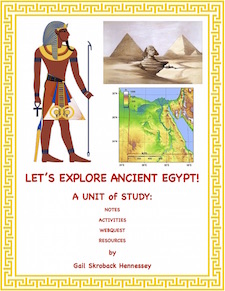

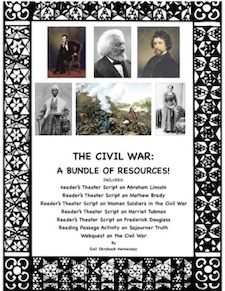




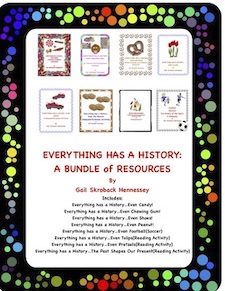



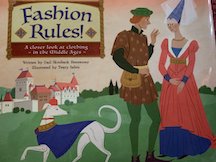
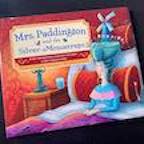
My Book-Mrs. Paddington and the Silver Mousetraps
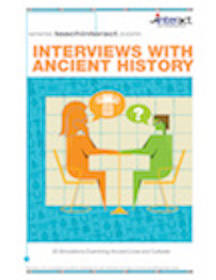




Anti-Bullying Resources

Bell Ringers!
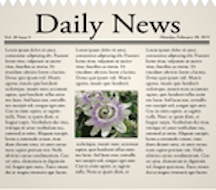
Updated regularly
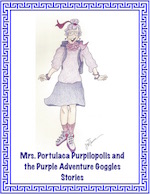
Mrs. Portulaca Purpilopilis
and the Purple Adventure Goggles




Facts to Wow your Friends!

 Teaching Ideas!
Teaching Ideas!
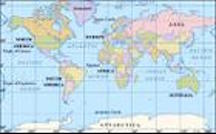
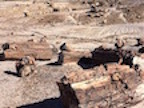






Mrs. Waffenschmidt

`




Mail Gail:
 Gail Hennessey
Gail Hennessey
Career Choice: Zoo Nutritionist
Jennifer Watts
Chicago Zoological Society/Brookfield Zoo

1. Can you explain to young people just what a Zoo Nutritionist is?
A zoo nutritionist is someone who is trained in animal nutrition, but has a focus on exotic animals. We are in charge of designing all the diets for the animals in the zoo, making sure that each animal gets the proper amounts of energy, protein, fat, fiber, vitamins, and minerals, and working with the veterinarians to keep the animals healthy. Most zoo nutritionists are also in charge of ordering food and supervising the kitchen staff that make the diets. Some nutritionists are also involved in doing nutrition research on animals in the zoo and in the wild.
2. What is the best part of your job?
I get to work in a zoo! Every day I can go out and look at animals that most people don’t get to see. I really like that I am a part of a group that really cares for these exotic animals and that I am helping them live a happy, healthy life here at the zoo.
3. What would you say is the most difficult aspect of your career choice?
There’s a lot to know; unlike a human nutritionist or even a normal veterinarian who only works with several species, I have over 250 different species to work with. Sometimes very similar species have different nutritional requirements and could become sick if I’m not aware of that and make sure they’re getting the proper diet. It’s also a difficult career because there aren’t very many zoo nutritionists, only about 20 in the entire country.
4. Do you have a memory you'd like to share with young people concerning your job?
Probably my best memory so far at this job is the day I was able to hold a Micronesian Kingfisher while he was getting his nails and beak trimmed. They are a species of bird that is extinct in the wild and the entire population is in zoos now. A good memory is also any time I change a diet for an animal and they either enjoy it more than their old diet or they get better on the new diet…it’s great to know that I helped make their life a little better.
5. What are the necessary skills/degrees needed to become a Zoo Nutritionist?
Most zoo nutritionists have a Ph.D. in Animal Nutrition/Animal Science/Biology, though some people have a Master’s; you definitely have to go to college and study biological sciences and then go on to graduate school. Getting some zoo experience is really, really helpful, since there is no other business like a zoo that could prepare you for what it’s like.
6. Any suggestions for young people who might be interested in your career? How can they begin now to get prepared for your career?
Start volunteering or working at a zoo, local nature center, or wildlife rehabilitation center, as it’s important to get some wildlife experience. Make sure you continue to do really well in school because going to college and graduate school is essential to getting into this field.
7. Where can you work as Zoo Nutritionist?
Right now, only big zoos in major cities have zoo nutritionists, so you’d have to contact one of them. We help out other zoos that don’t have nutritionists and answer any questions they might have.
8. Describe a typical day at your job.
Since I am new to my job, I’m still spending most of my day at my desk reviewing diets. I look at the overall health of the animal, how much it weighs, and what its current diet is. If there are any changes, I’ll work out the calculations to determine how much the diet needs to change and ensure it’s still nutritionally balanced. Any time there is a sick animal or a problem, I’ll work with that immediately. I make sure that my kitchen staff has everything that they need to make the diets and let them know of any changes that I’ve made. Occasionally, I’ll go look at the animals to actually see them instead of reading about them because seeing them and their environment helps me with designing their diet.
As a nutritionist, I watch the diets of some animals that may need to shed a few pounds and think of ways to get the animals to get more exercise. Spreadable (peanut butter, yogurt, jelly) is being used sparingly over the exhibits to encourage the animals to move and climb to find the treats. Some animals, like the gorillas, are given small items like corn, pasta, or seeds that are thrown in the exhibit and they have to move around to forage for them. We use sugar-free jello and drink mixes as treats. Most of our treats are fruits and vegetables that are lower in calories and still healthy for the animals. Most “treats” are used for training behaviors and not used on a regular basis.
9. What got you interested in becoming a zoo nutritionist? Did anything in school or your childhood help spark this interest?
I was always interested in animals and wanted to be a veterinarian since I was about 8. I still wanted to be a veterinarian at 18 when I went to the zoo for the summer during college on an internship in the nutrition department to do research. But after that internship I realized that I really liked nutrition and working in a zoo was really, really cool. I was very fortunate to have a great boss and she fostered my interest and got me another internship after I graduated from college. After that, I went to get my Ph.D. and did my research on a zoo nutrition problem.
10. Where do you currently work as a Zoo Nutritionist?
Right now, I work at the Chicago Zoological Society/Brookfield Zoo, which is about 10 miles west of Chicago. It’s one of the best zoos in the country: we have about 3000 animals from about 250 different species on 220 acres.
See the Zoo where Jennifer works at this site:
THANK YOU, Jennifer, for the great photograph!